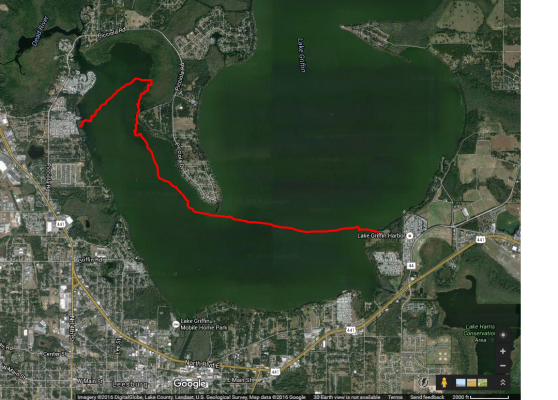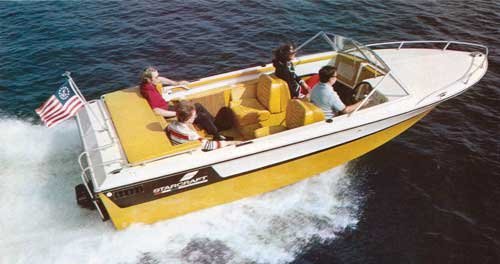Some current thoughts....
Watching the shakiness of the world markets, and our own US skyrocketing debt leads me to think about the neartime coming years, and then beyond, as I don't expect to be here.
Since DW and I are looking at a relatively short horizon.. (probably 10 years at the most, and statistically, more like 6 or 7) we feel we can survive a economic downturn, without too much strain. At the same time, our kids are looking at a 30 to 40 year time frame.
They haven't asked me yet, but I expect that the subject will come up... What to do in a down period.
Since I'm not into investing or portfolio management, I couldn't give advice on the money matters, but would approach the future by encouraging them to build their own safety net, by asking them to take a look at their lifestyle as a way of leveling the cost of living, to become more secure by learning to appreciate life, with lower spending habits and avoidance of debt.
Sounds simple, but maybe not... Lifestyles build over a period of time. What seems logical to me, in retrospect, is not what many younger people understand. Here's the way I'd approach the mental exercise of planning for a downturn:
First, the "shock" approach.
Your job just disappeared. Your pension is in danger. You investments stop earning. Inflation is coming into play with no guarantees on how high it will go.
Build the safety net from there:
There's a macro and a micro.
The macro:
Where you live. If you need to stay employed, does it require staying where you are, or can you move to a less expensive home in a lower cost of living area? Should you take SS early? Major expenses... child in school.. afford?
The second car... really necessary? Ongoing optional costs... phones, internet, cable, memberships... golf, time share, travel.
The micro:
The "eating out" which became second nature... fast food, Starbucks. Cafeteria vs. sandwich... Delivery pizza. Excess daily travel... limit/combine shopping trips. Haircuts, beauty parlors, manicures, pedicures, massages. Exercise... memberships, trainers... High end meats, foods, beverages. Hired services... lawn, cleaning and car dealership services, car washes.... and the list goes on and on.
The point to be made is a reality check... to establish a lowest spending number. A safety net number. My own plan is built on a base that theorizes an absolute minimum income, knowing that people live and continue to survive at the poverty level of $11,770 for one and $15,930 for 2.
If you want to see how your community stacks up on the economic stress scale, here's a website that tell where it stands in your state.
Distressed Communities Index - Economic Innovation Group
While this seems a negative approach, having a plan... whatever plan and whatever level brings peace of mind.
So while we feel confident that we can handle a spending level of $30,000 or less, we use this only as a fallback. The point is that we know what to do and how to do it. From our current spending level, we know how to cut $25,000... what to sell, what to keep, and what we can do without.
This probably sounds like a no-brainer, and yet, given a change in the economy, do you have an actual plan? Here are the US historical inflation rates.
Historical Inflation Rates: 1914-2016 | US Inflation Calculator
The 1970's and early 1980s inflation rates really happened. Our near 20 Thousand Billion dollar debt calls for inflation. An hour or so of looking at a way to cope will be time well spent, and that's my plan to torture my kids.

They'll only hate me for a week or so.






